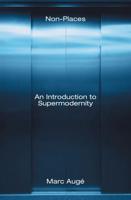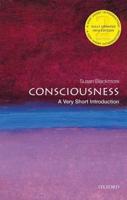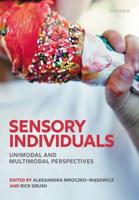Publisher's Synopsis
Better known for his plays than for his experiments, the 18th century German poet and dramatist Johann Wolfgang von Goethe was nevertheless an enthusiastic scientist. His researches into comparative anatomy lead to the discovery of the intermaxillary bone in man and he was prolific, although often misleading, in his writings on botany and physics (for example he made a rather foolish attempt to refute Newton's theory of light). This study examines the cultural context of his scientific work. It looks at the subtle distinctions Goethe made between the Amateur and the Expert, the interplay between Enlightenment science and Romanticism's "Nature-Philosophy", and attempts to set his scientific thought into the context of the preceding 3000 years of scientific philosophy. It examines Goethe's complex perception of aesthetics, worked out over 30 years with his friend and fellow writer Schiller, and concludes that Goethe's modes of thought differed from both the Enlightenment and the Romantic traditions.












